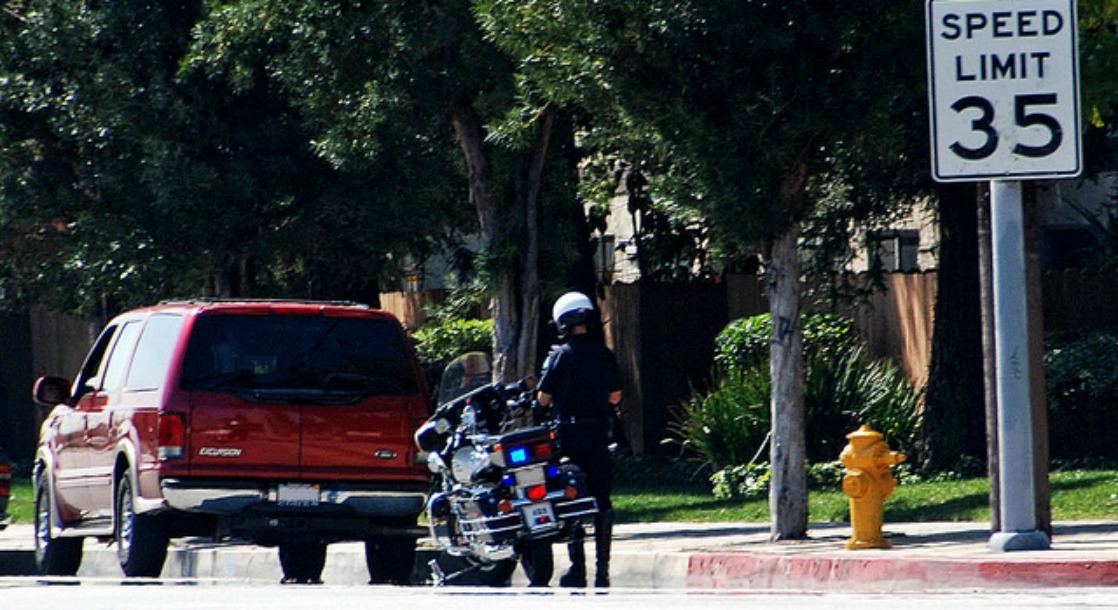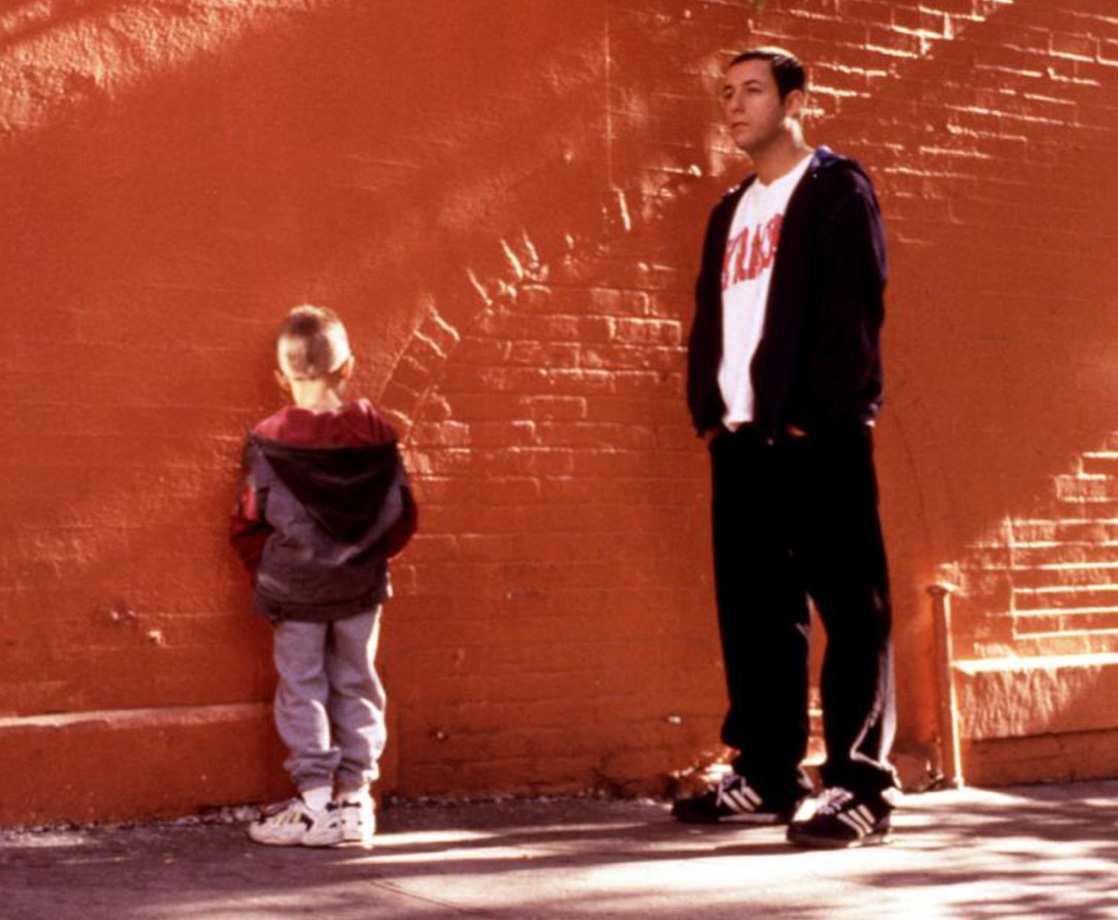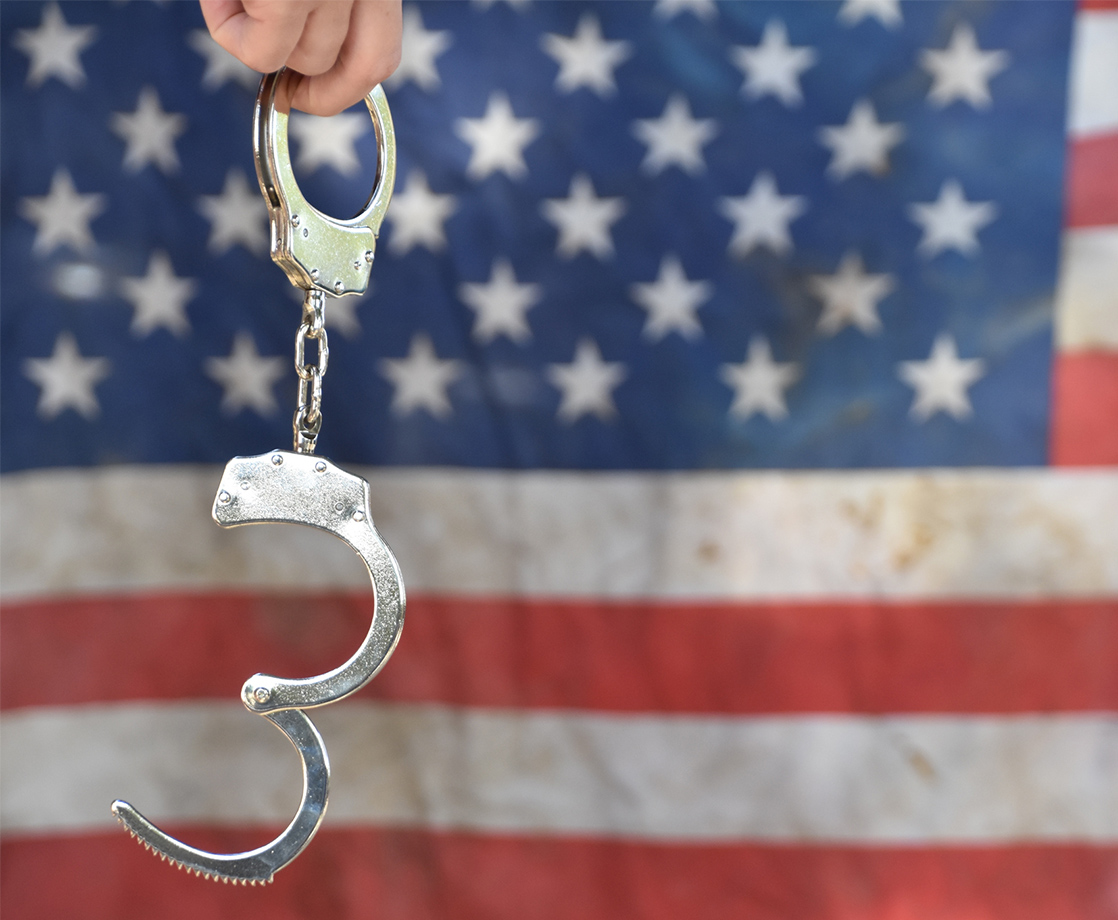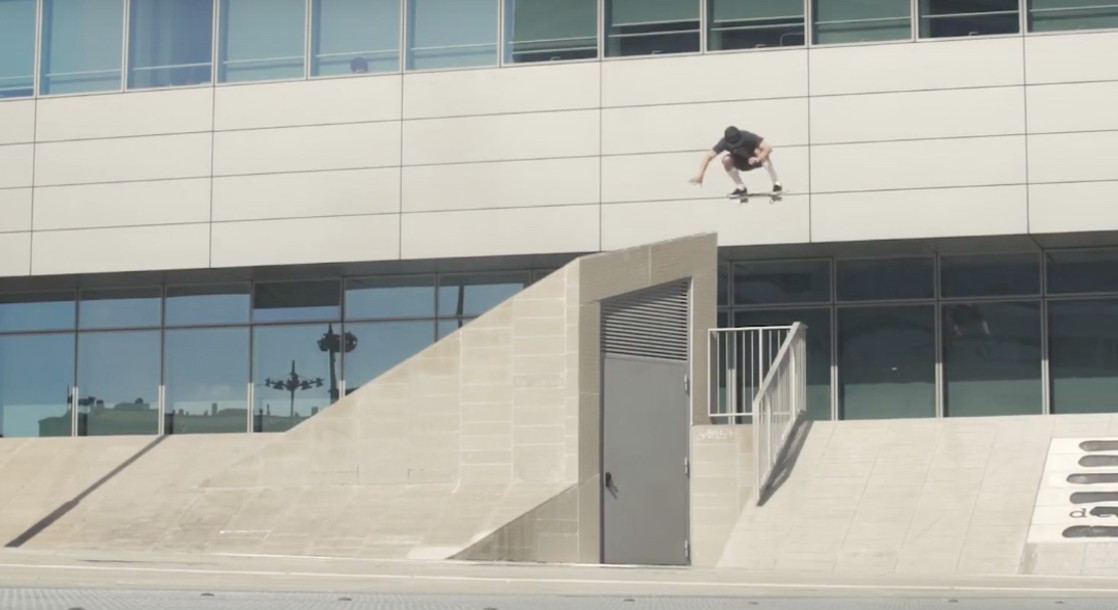State police officers in Colorado and Washington are stopping and searching significantly fewer cars in the years since cannabis was legalized in the two Northwest states. Cops often use the smell (real or imagined) of cannabis as an excuse to search vehicles, but without weed being illegal, cops are increasingly backing off.
According to a study by researchers at Stanford University’s Open Policing Project, who poured over the data from over 60 million highway stops in 31 states between 2011 and 2015, vehicle stop and searches have resulted in 40% fewer drivers arrested for contraband in Colorado and Washington.
To supplement that data and create a more comprehensive picture in the shift in policing, Reveal from the Center of Investigative Reporting and the Marshall Project, a nonprofit journalism website dedicated to criminal justice, joined forces to break down the racial divide in the post-prohibition policing and found that cops are still just as racially biased as they were before legalization.
The Stanford study looks only at state police statistics, not those of local, urban area (where most of America’s non-white populations reside) police forces. Even on the highways, looking at Colorado and Washington’s stop and search drops broken down into demographics shows that while the total number of stops are down, the racial inequality in policing is still just as bad as it was in years past.
In Colorado, the rate at which black drivers aged 21 and older (the legal age for cannabis possession) went down by almost 50%, with the search rate of Hispanic drivers dropping even more, down 58%. But compared to white drivers, who have also been searched less since legalization, black and brown drivers are still about three times as likely to be pulled over and have their car searched than their Caucasian peers.

In Washington, black drivers of the same age range experienced 34% fewer stop and searches in the years after legalization, with searches of Hispanic drivers dropping 25%. Once again, though, drivers of color had their vehicles searched almost twice as often as white drivers in the same age cohort.

The numbers are encouraging in their total drop, but a good reminder that there is still a lot of work to be done in terms of racial equality, something that goes much (MUCH) further than just cannabis. That sentiment was echoed by Mark Silverstein, legal director of the American Civil Liberties Union of Colorado.
“Legalizing marijuana is not going to solve racial disparities,” Silverstein said. “We need to do a lot more before we get at that.”











